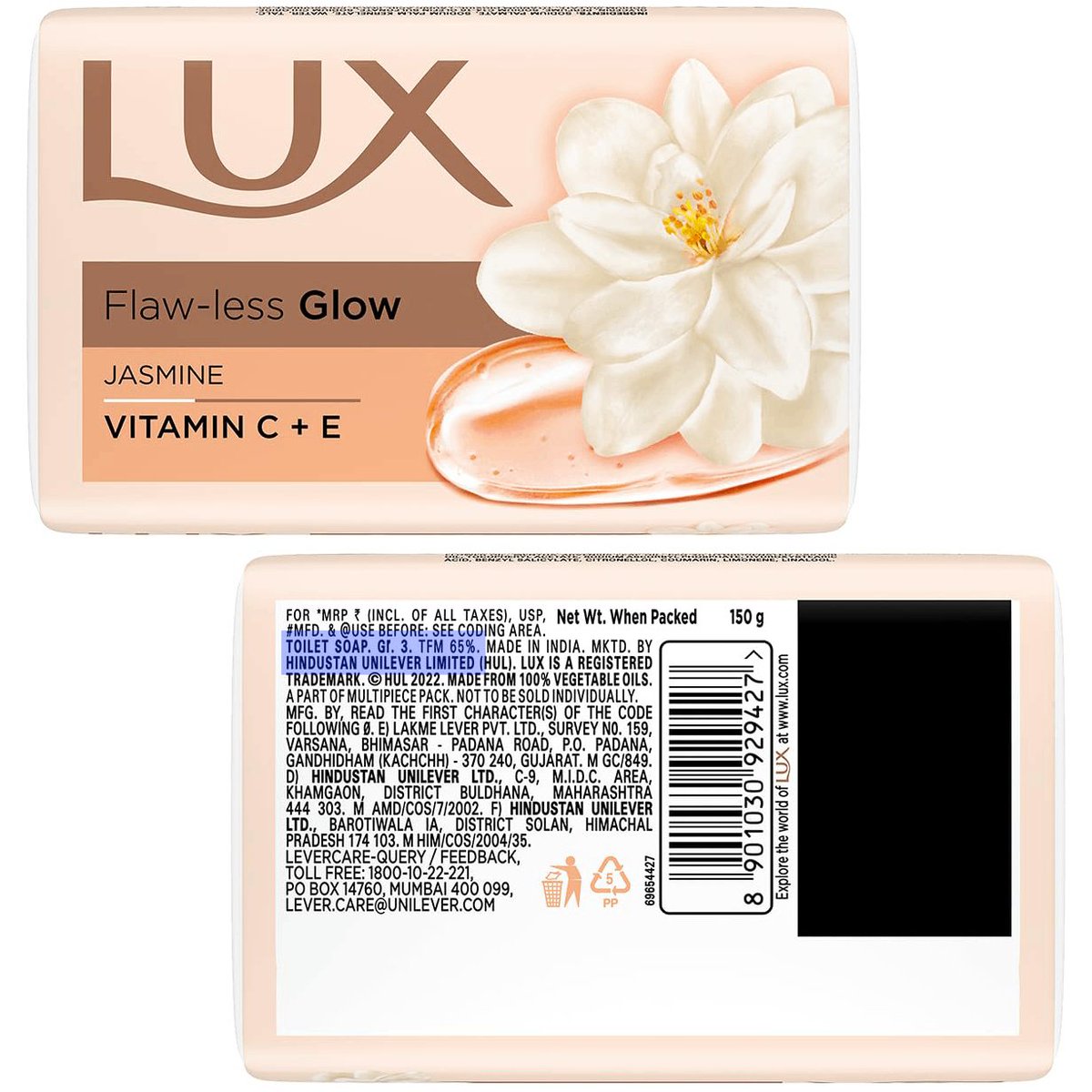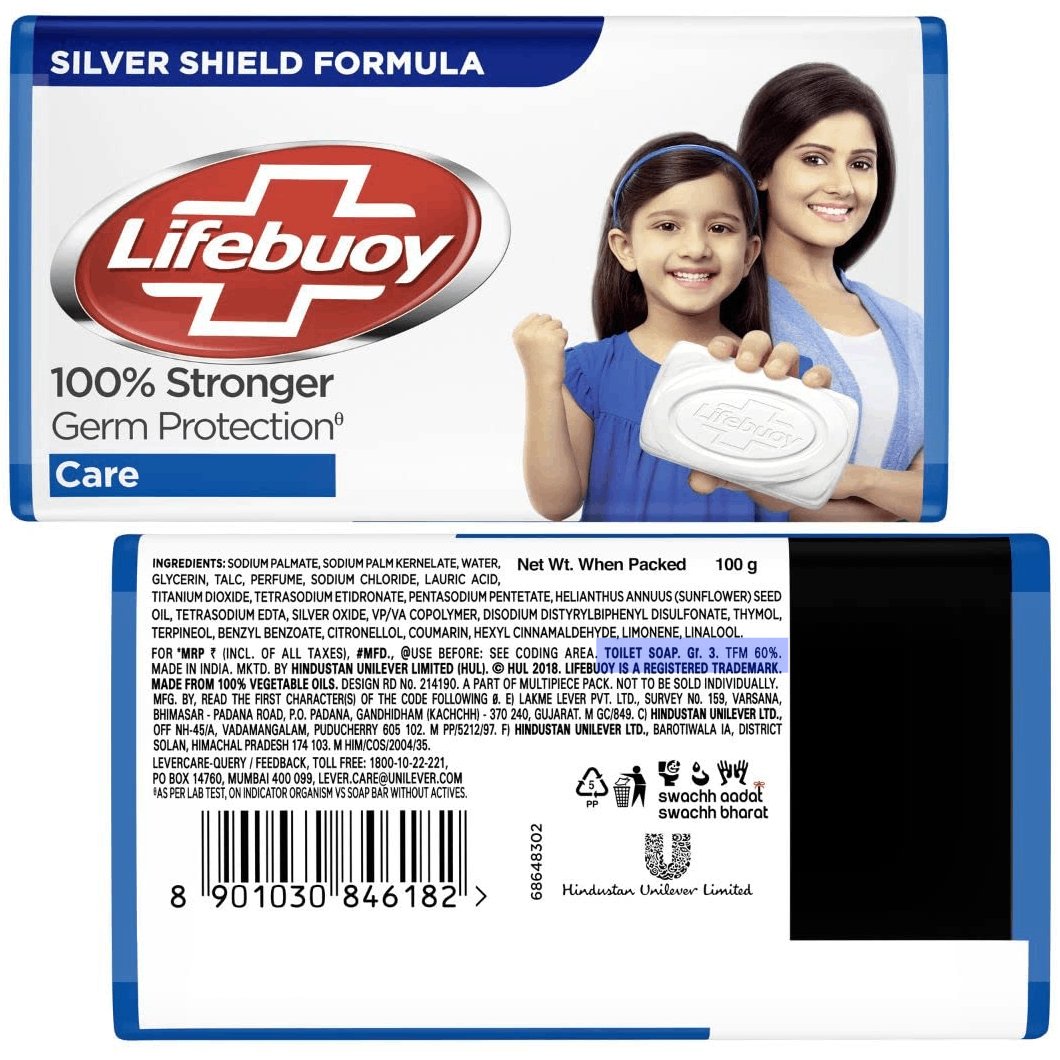I seem to always read/mistake WFH as WTF or WTH. Turns out I'm not alone in this and many others read it that way too, before getting it right seconds later. For something that we're all thrust into without much choice (not me - I have been WFH since April 2018, ever since I 1/4
2/4 quit full-time employment), this is an excellent context. What was once seen as a bad idea, then as a good-to-have perk, and then as an unproductive perk (among others), is now seen as the only way to continue work in many organizations. But it is also being used without 

3/4 adequate thought or planning, as if simply asking people to work remotely is enough.
Pilita lays out the landscape very well, with GitLab as an example of how to get it right, and why companies should not just jump into it headlong.
—Web version: on.ft.com/2RLhh1a
Pilita lays out the landscape very well, with GitLab as an example of how to get it right, and why companies should not just jump into it headlong.
—Web version: on.ft.com/2RLhh1a
4/4 If you are curious about GitLab's handbook referenced in the article, here it is: bit.ly/gitlabhb
—It is phenomenally thought-through and detailed!
#remoteworking #workfromhome #WFH
—It is phenomenally thought-through and detailed!
#remoteworking #workfromhome #WFH
• • •
Missing some Tweet in this thread? You can try to
force a refresh














